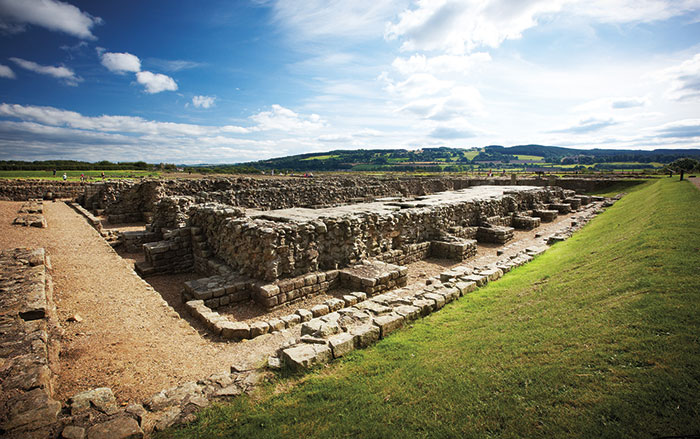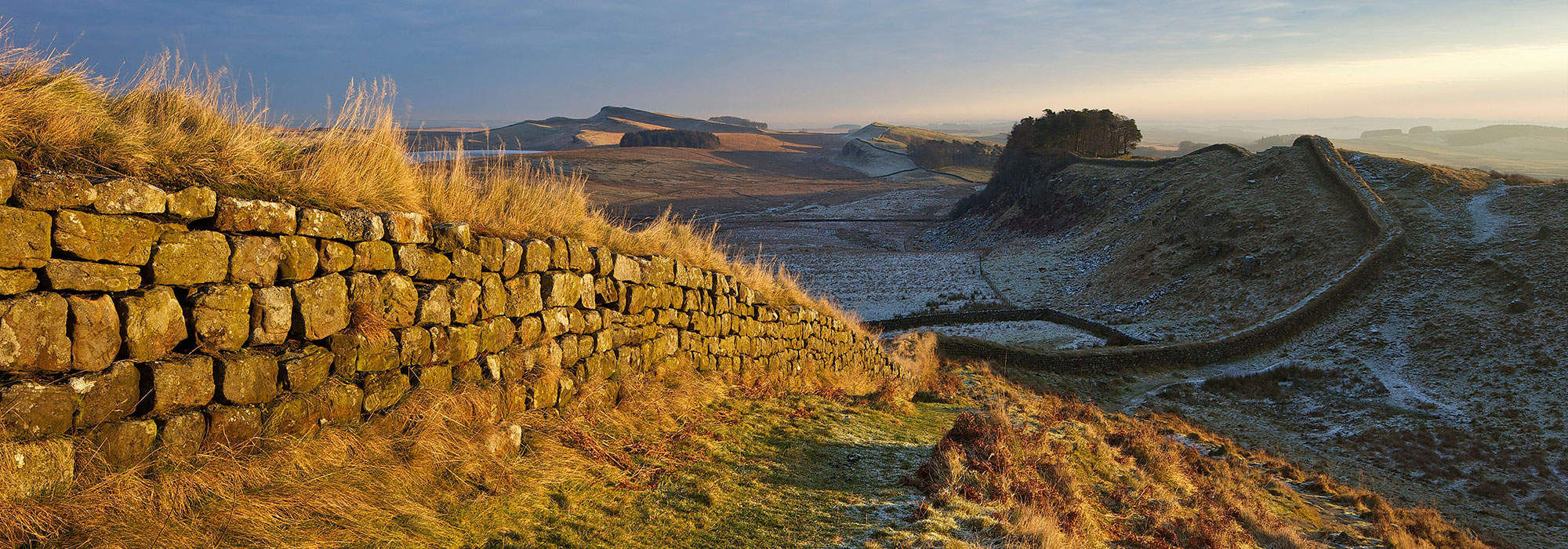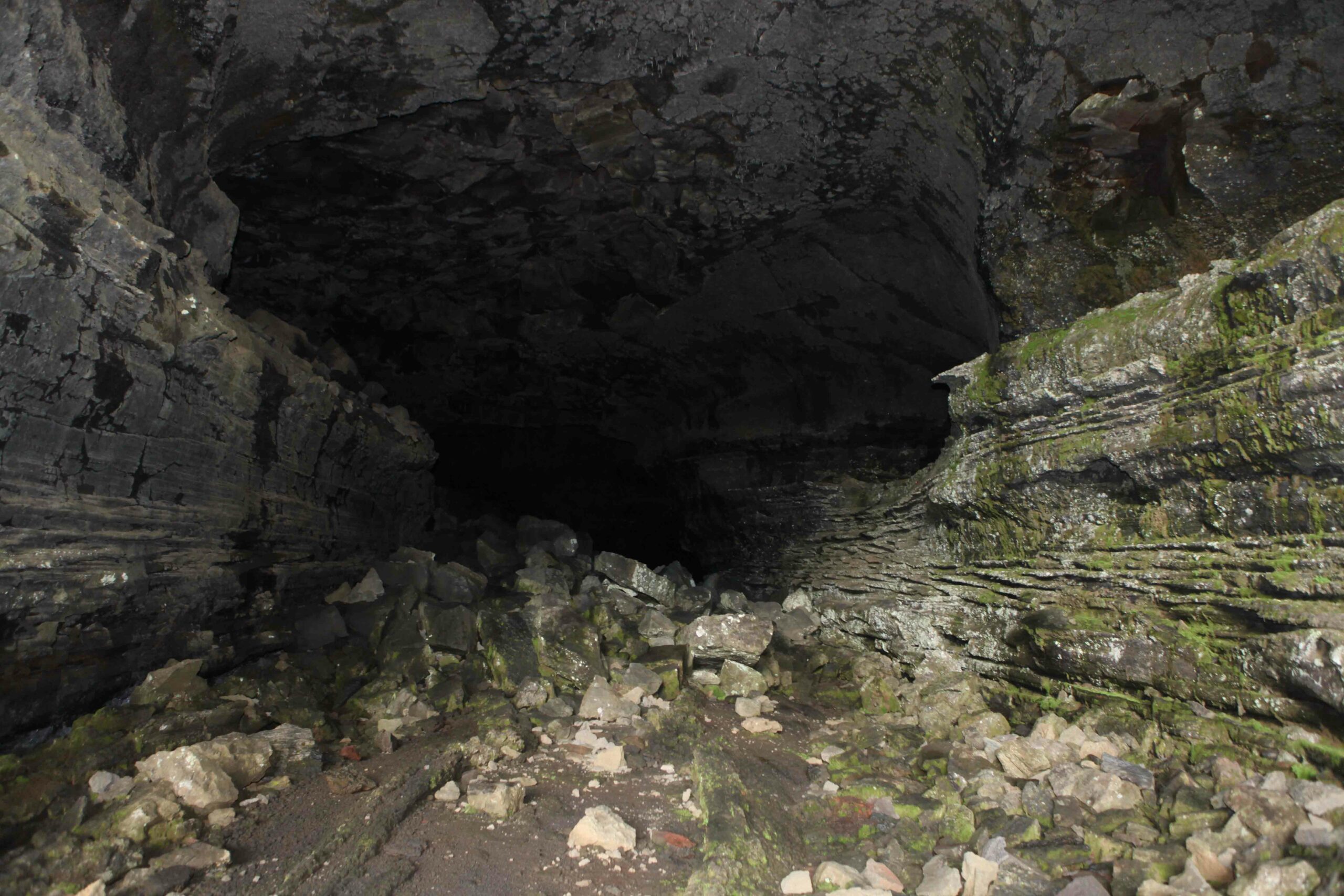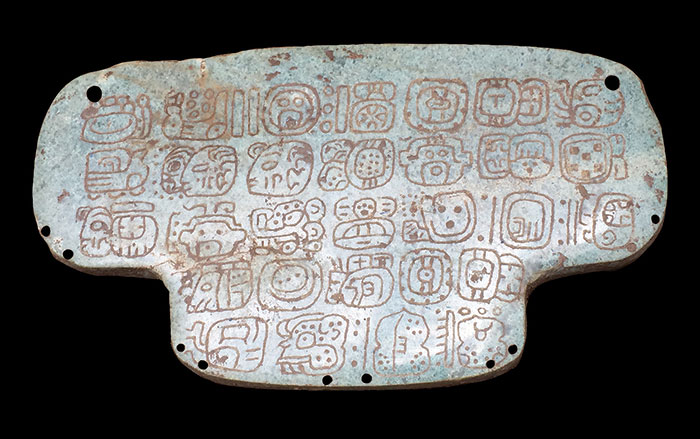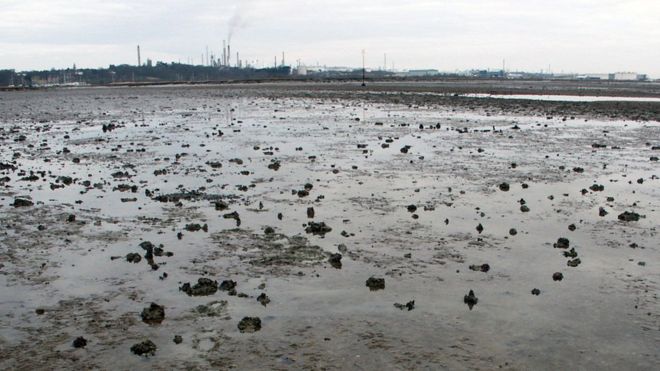
HAMPSHIRE, ENGLAND—BBC News reports that a 500-foot-long timber fishing trap found in a tidal estuary on the southern coast of England has been radiocarbon dated to the eighth or ninth centuries. At low tide in the salt marsh, fish trapped in the weir would have been easy to catch by hand or with a net. The discovery will help scientists map changes to the shoreline over the past 1,000 years. “It has highlighted the level of erosion in Southampton Water over the last few decades,” said marine archaeologist John Cooper of the University of Exeter. “There are factors like sea level rise and dredging carried out but it shows how dynamic coastal change is.” To read about the Anglo-Saxon period in southern England, go to "The Kings of Kent."





